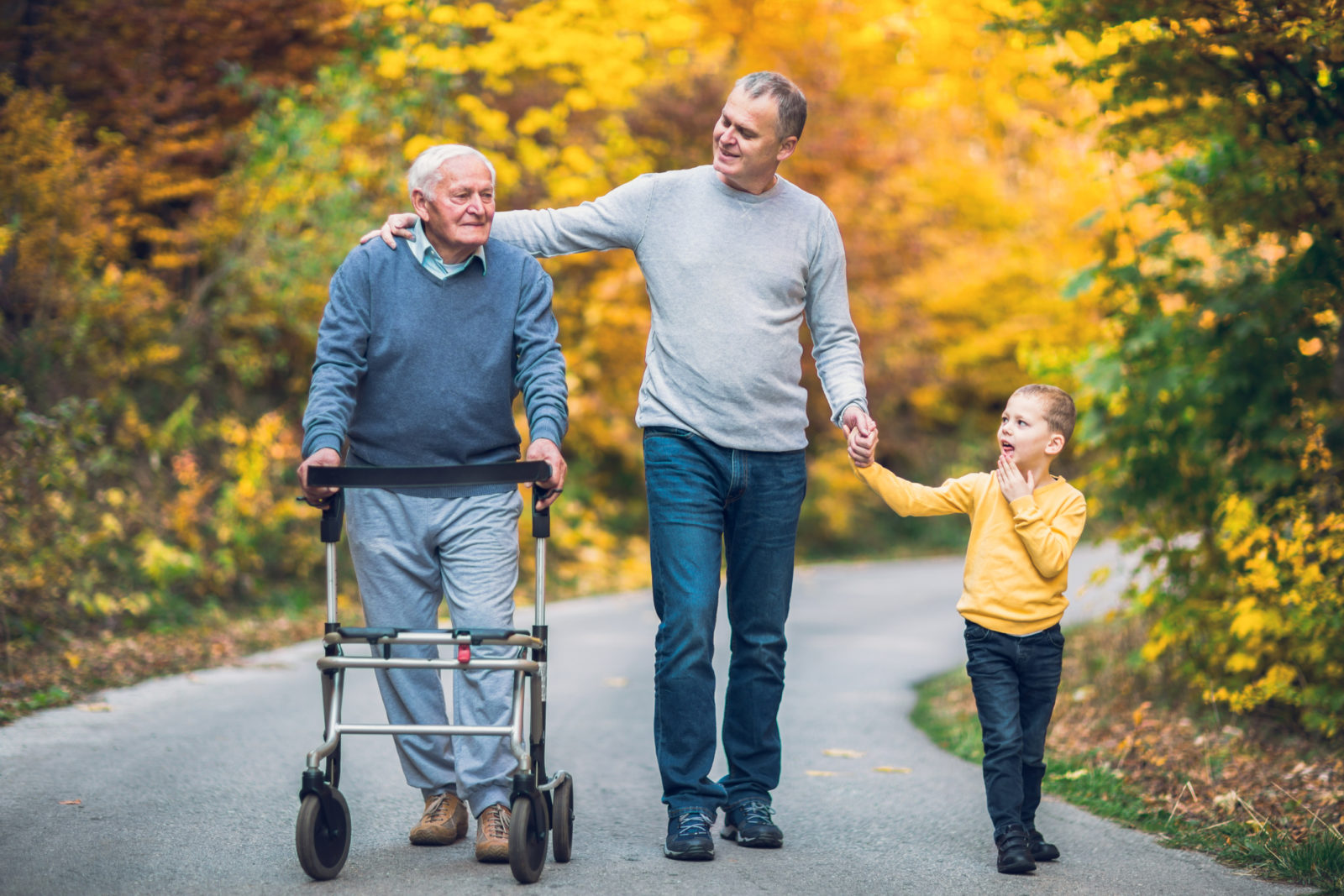How to Help a Loved One Living with Depression

According to the World Health Organization (WHO), depression is the leading cause of poor health and disability worldwide. More than 300 million people are living with the condition, which is characterized by persistent sadness, feelings of hopelessness, lack of energy, and loss of interest in activities that once brought a person joy. WHO experts say depression increases the risk of diabetes, heart disease, chronic pain, substance abuse and suicide.
Depression in the elderly is frequently undiagnosed, often because the person suffering from the disease doesn’t discuss it, seeing it as a sign of weakness. Symptoms of depression – exhaustion, lethargy, isolation and loss of interest in daily activities – can be signs of other medical conditions, such as hypothyroidism, low blood sugar or even a vitamin D deficiency. This means seniors – and those that care for them – need to be vigilant in noticing the signs of depression and discussing the issue with appropriate medical professionals.
So, if you suspect someone you care about is depressed, what can you do? Here are some tips:
Become more aware of subtle signs in mood and behavior
Since many elders don’t want to be a burden to their loved ones, they won’t talk about what’s going on with them. Watch for signs of distress, such as excessive wringing of hands or being easily agitated or irritable. Let them know you are available to discuss their feelings and that you’re someone who will honor their emotions and provide support.
Help them get the treatment they need
The good news is that depression is a treatable disease and seniors, as a group, typically respond well to treatment. Help your loved one find a doctor they’ll be comfortable with and go with them to the appointment. If they resist, don’t get angry and demand they seek treatment. Engage them in conversation and discover why they are resisting help.
Encourage them to become (or stay) physically active
Exercise can improve depression – it has powerful mood-boosting effects. It can also improve other areas of one’s life, such as overall health, mobility, and sense of well-being, which can also help ease the symptoms of depression.
Help them stay socially active
Isolation is a huge trigger for depression, so connecting your loved one to social activities and other people in the area can work wonders. If your loved one is unable to get out due to a chronic medical condition, help your loved one use the internet for entertainment and connecting with others.
Give them a purpose for living
A study by MetLife showed that, regardless of age, gender, financial status or life stage, a majority of people assign the most importance in life to activities that have meaning. The meaning can be very small – from spending time with friends – to something more profound, like volunteering for a worthy cause.
How Charlesgate helps create meaningful moments for our residents
At Charlesgate, we offer an environment where our residents are able to enjoy the company of other residents during worthwhile and fun activities and events throughout the year. This helps them stay socially connected, physically active and engaged in life. Our compassionate staff is trained to look for changes in behavior and help residents seek treatment if something is wrong. Our family-centered approach to care helps give residents a meaningful life full of purpose and joy.
![Charlesgate [logo]](https://www.charlesgate.net/wp-content/uploads/sites/218/2016/12/logo-new.png)